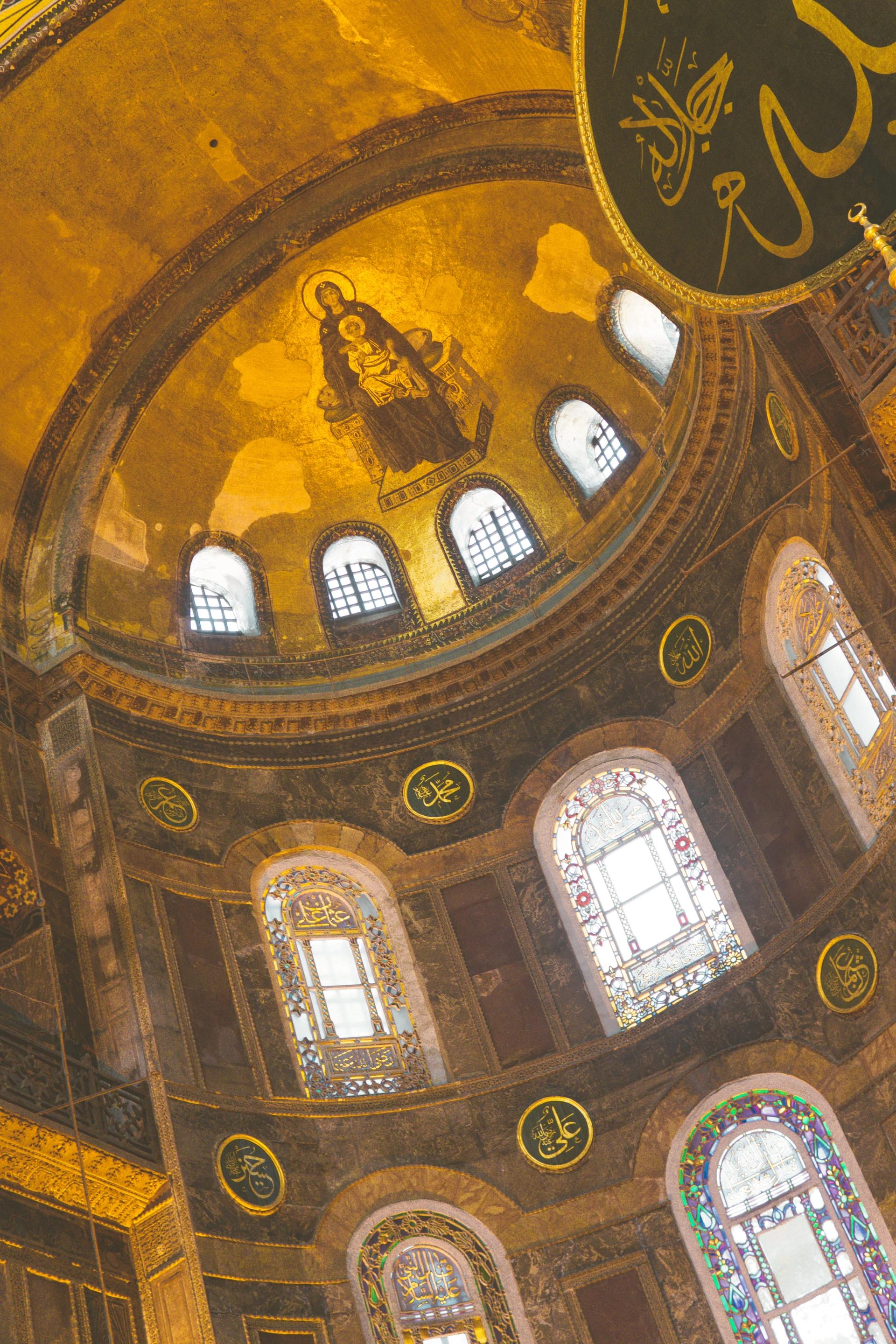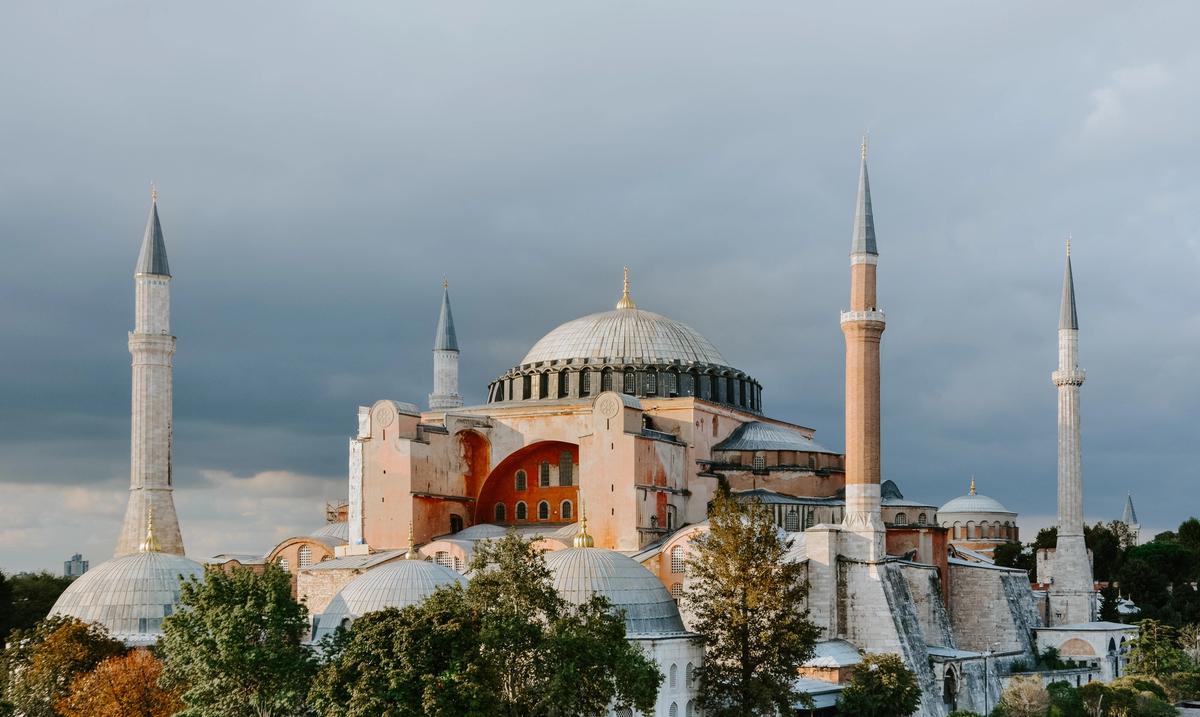Minutes after a Turkish court revoked the Hagia Sophia’s status as a museum today, allowing it to be turned back into a mosque, President Recep Tayyip Erdogan issued a decree that the historic landmark in Istanbul would reopen to Muslim worshippers. Management of the site, which was built as a Christian church in the sixth century under the Byzantine emperor Justinian, will be transferred from the Ministry of Culture to the Presidency of Religious Affairs.
The decision could set off a storm among cultural heritage officials. Unesco, which listed the Hagia Sophia as a World Heritage Site in 1985, issued a statement earlier today that says its inscription “entails a number of legal commitments and obligations”. The international cultural organisation says “a state must ensure that no modification is made to the outstanding universal value of the property inscribed on its territory. Any modification requires prior notification by the state concerned to Unesco and then, if necessary, examination by the World Heritage Committee.”
Greece’s culture minister Lina Mendoni called Erdogan’s decision “an open provocation to the civilised world which recognises the unique value and ecumenical nature of the monument,” in a statement. She added that Greece, is not “trying to interfere in Turkey’s domestic affairs,” but that the Hagia Sophia is “a monument to all mankind, regardless of religion”.
The historic site was originally the largest church in the world, built when Istanbul was known as Constantinople and described as the “eastern heart of Christianity”. After the Ottoman conquest of the city in 1453, the cathedral was converted into a mosque. In 1935, the founder of the secular Turkish Republic, Mustafa Kemal Ataturk, pronounced it a museum, deeming it “open to the visits of all nations and religions”. Last year, it received more than 3.7 million visitors, making it Turkey’s most popular tourist destination.

The Hagia Sophia is known for its stunning Byzantine frescoes and mosaics, some of which were plastered over when it was previously turned into a mosque and restored when the site became a museum © Meriç Dağlı
Turning the Hagia Sophia into a working mosque will not affect its accessibility to the public, presidential spokesman, Ibrahim Kalin told the state-run Anadolu Agency. “The opening of Hagia Sophia for worship does not prevent local or foreign tourists from visiting the place,” he said, comparing it to Notre Dame and Sacre Coeur in France, two popular heritage sites which both still hold Christian services. He added that the change would also not affect the World Heritage status of Istanbul historic district, which includes the Ottoman Topkapi Palace, the ancient hippodrome and the Blue Mosque. Unesco has inscribed the area on its list for “its unique integration of architectural masterpieces reflecting the meeting of Europe and Asia over several centuries”.
The Hagia Sophia is known for its stunning Byzantine frescoes and mosaics, some of which were plastered over when it was previously turned into a mosque and restored when the site became a museum. It has been suggested that these works would again need to be covered if the building is opened for worship to comply with interpretations of Islam that prohibit the depiction of animal and human forms. Kalin told Anadolu: “As our ancestors protected the Christian icons there, they will continue to be protected.”


